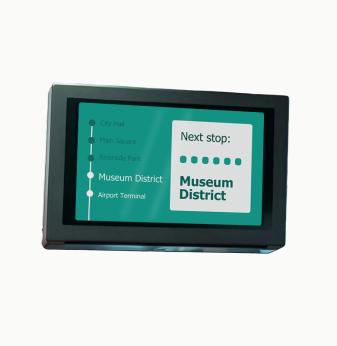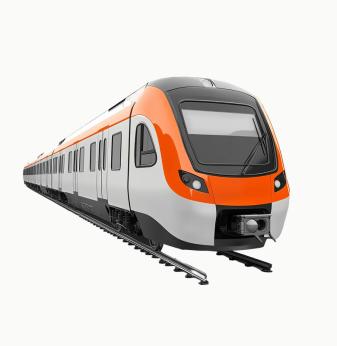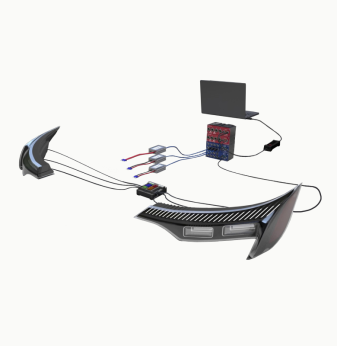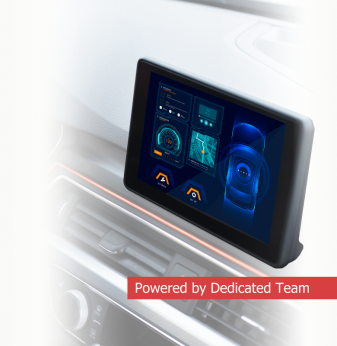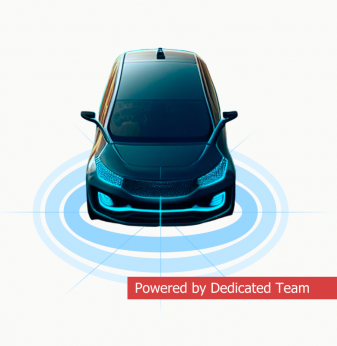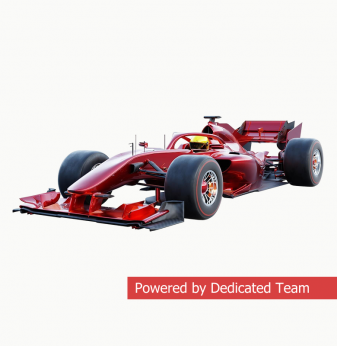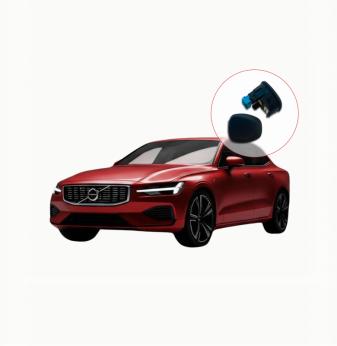Top 5 Technologies Transforming the Automotive Industry Today
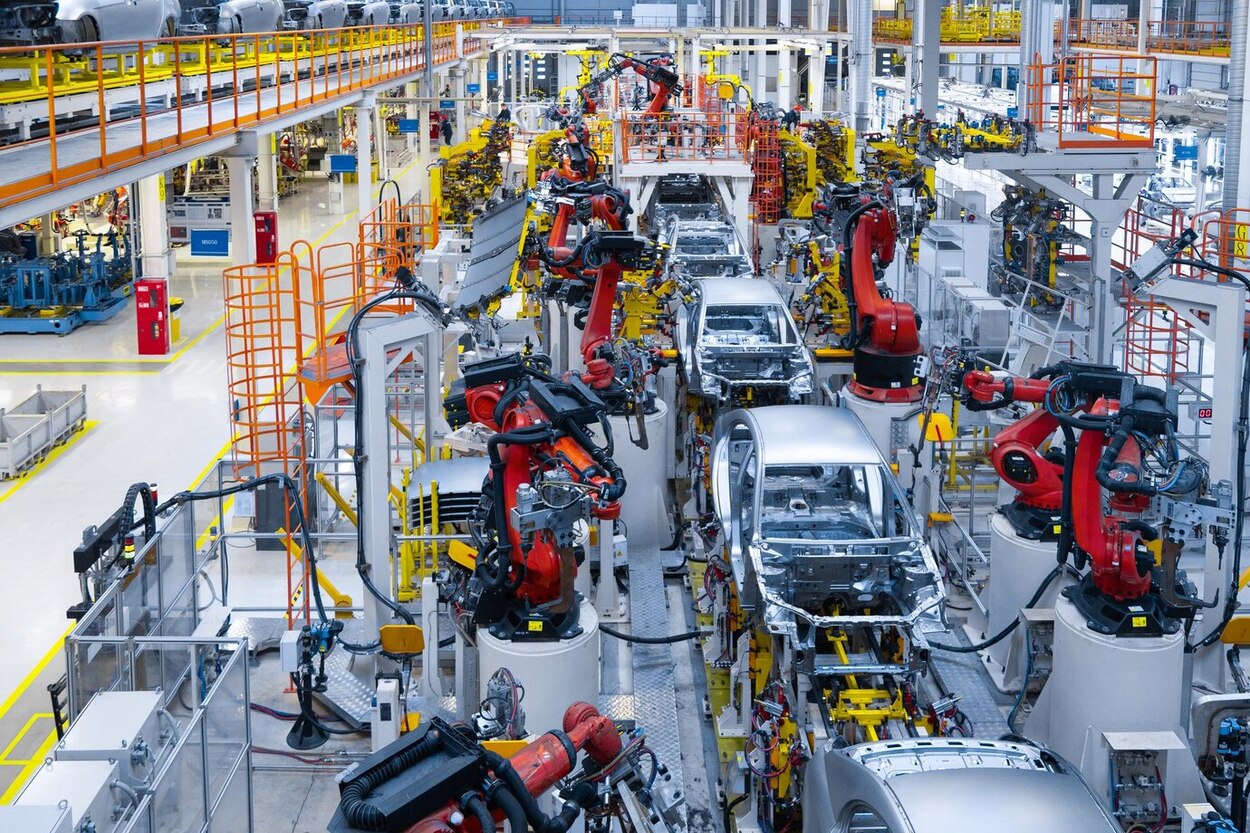
The automotive industry is evolving faster than ever. New technologies appear every year, dramatically changing how cars are built, driven, and experienced. It's a thrilling time for drivers and manufacturers alike, as these innovations bring improved safety, enhanced comfort, and increased connectivity. Let’s take a closer look at five major tech trends currently transforming the automotive landscape.
1. AI Integration: Cars That Learn and Adapt
Artificial Intelligence is no longer just futuristic tech—it’s becoming a regular part of new vehicles. AI systems now learn driver habits, predict maintenance schedules, and personalize the driving experience. Major automakers and tech leaders like Tesla, Bosch, and Harman integrate AI into navigation, driver-assistance systems, and even entertainment.
At Promwad, we've worked closely with automotive brands, creating custom AI-driven solutions that boost vehicle intelligence and safety.
Table 1: AI Uses in Cars
| AI Use | Benefit |
| Predictive Maintenance | Prevents breakdowns ahead of time |
| Smart Navigation | Suggests routes based on driver habits |
| Driver Monitoring | Detects driver fatigue, improves safety |
2. Advanced Driver-Assistance Systems (ADAS)
ADAS technology has changed driving safety profoundly. Features like automatic braking, lane-keeping assist, and adaptive cruise control help drivers avoid accidents by providing automated support. Using sensors, radar, and cameras, these systems act as a "second set of eyes," helping drivers avoid mistakes.
Table 2: Popular ADAS Features
| Feature | Benefit |
| Adaptive Cruise Control | Maintains safe distance automatically |
| Lane Keep Assist | Prevents accidental lane drifting |
| Collision Warning Systems | Alerts drivers of imminent dangers |
3. Connected Vehicles and Vehicle-to-Everything (V2X) Communication
Today’s cars are increasingly becoming connected devices, thanks largely to the rapid rollout of 5G. Connected vehicles share real-time data with each other, infrastructure, and even pedestrians. This technology, known as Vehicle-to-Everything (V2X), significantly boosts safety by providing up-to-the-minute traffic and hazard information.
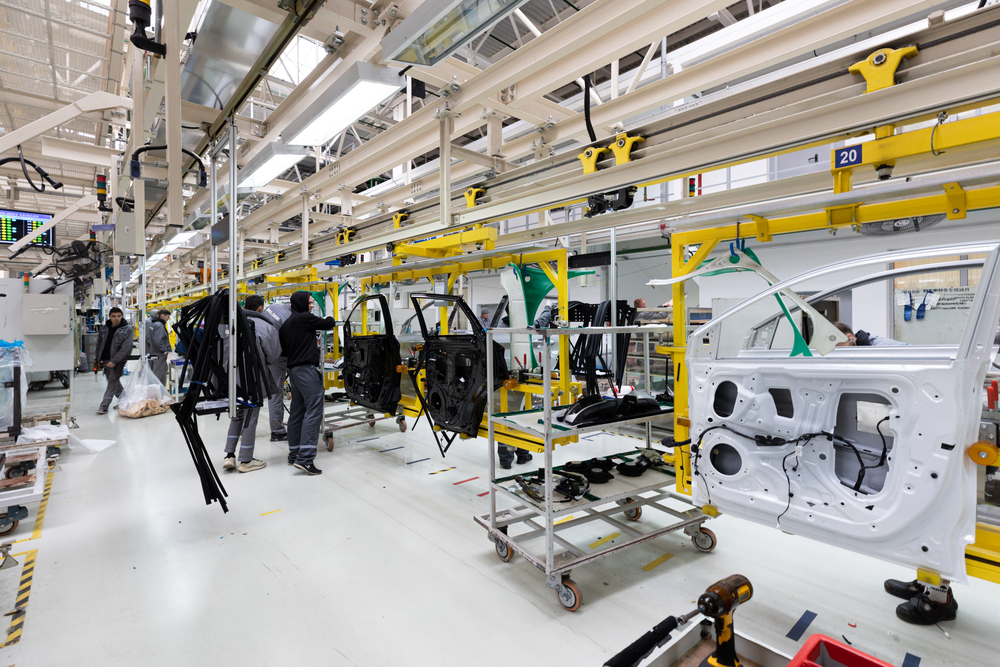
4. Automotive Cybersecurity: Protecting Connected Vehicles
The rise in vehicle connectivity brings with it serious cybersecurity risks. Cars today generate massive amounts of sensitive data, making secure digital protection essential. Companies such as Continental and Harman are now at the forefront, developing cybersecurity solutions designed specifically to protect connected cars from hacking and unauthorized access.
5. Software-Defined Vehicles (SDV)
The shift towards software-defined vehicles is revolutionizing automotive technology. Unlike traditional vehicles that rely on hardware updates, SDVs are primarily updated through software, allowing manufacturers to introduce new features, improve performance, and tailor experiences easily and efficiently. This significantly extends vehicle lifespan and reduces overall costs.
Promwad helps automotive manufacturers transition smoothly to software-defined vehicle architectures by developing specialized software and embedded solutions.
Table 3: Advantages of Software-Defined Vehicles
| Advantage | Description |
| Frequent Updates | Quickly introduces new vehicle features |
| Lower Costs | Reduces maintenance and service expenses |
| User Customization | Enhances personalized experiences |
Industry Leaders in Automotive Innovation
Several companies are driving these innovations:
- Bosch: Leader in AI-powered automotive solutions.
- Harman (Samsung): Experts in infotainment and connected car technologies.
- Continental AG: Innovators in cybersecurity, connectivity, and ADAS.
- Panasonic Automotive: Specialists in digital cockpit systems and communication.
Navigating Challenges
Despite exciting advancements, challenges remain—cybersecurity threats, regulatory compliance, and complex technology integration. Automotive companies need to prioritize robust cybersecurity and industry-standard compliance. Promwad’s expertise in these areas helps manufacturers effectively manage these complexities and stay ahead.
Looking to the Future
What’s next? Autonomous driving, augmented reality (AR), virtual reality (VR), and sustainable technology are all likely to become standard features in tomorrow’s cars. Companies embracing these innovations now will lead the industry into an exciting future.
Planning to integrate advanced automotive technology into your next project? Promwad has the expertise to make it happen. Discover more at promwad.com or get in touch with our specialists today.

